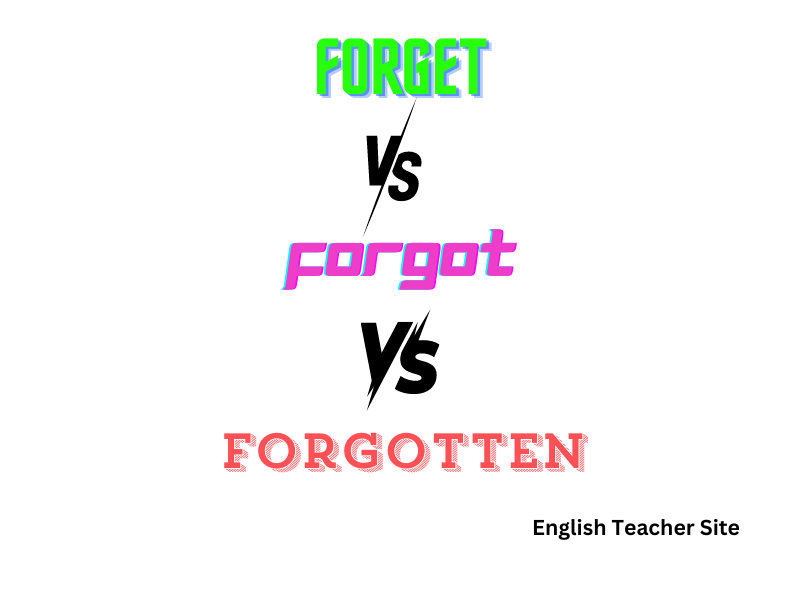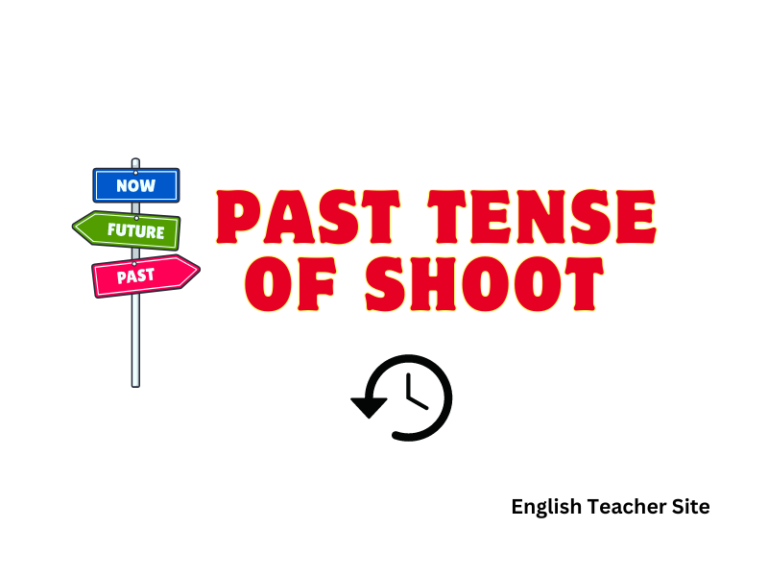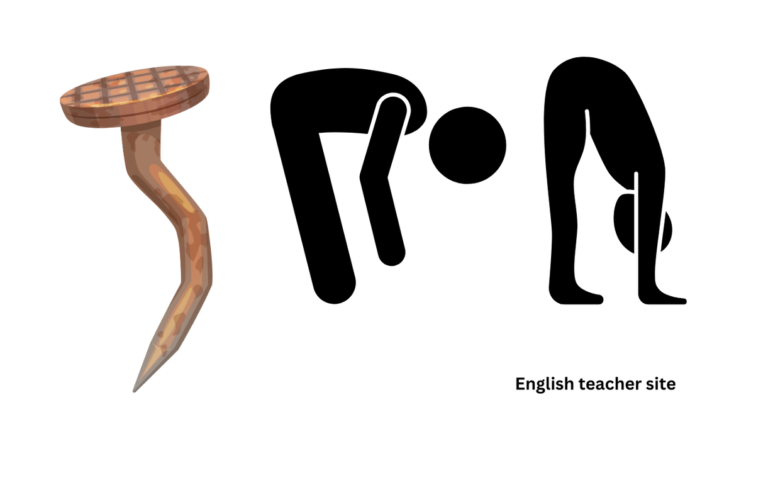Forget, Forgot, Forgotten Explained: Simple Examples for Learners

Introduction: Mastering “Forget, Forgot, Forgotten” in English
Many English learners find irregular verbs tricky. One common example is the verb “forget” and its past forms: “forgot” and “forgotten”. Understanding these forms is important because they are used often in everyday English.
In this guide, you will learn:
- The meanings of forget, forgot, and forgotten.
- How to use each form correctly.
- Real-life examples.
- Common mistakes to avoid.
- Practice exercises with answers.
Many learners struggle with “forget” and its past forms—this guide will make it simple!
Understanding the Verb “Forget” in English Grammar
What Does “Forget” Mean?
The verb “forget” means to not remember something.
For example:
- I often forget my keys at home.
- You forget people’s names sometimes.
Synonyms for “forget” include:
- Fail to remember
- Overlook
- Omit
Verb Forms: Forget, Forgot, Forgotten Explained
Present Tense: Forget
Use “forget” in the present tense. It describes something that happens now or regularly.
Examples:
- I forget her name every time!
- They forget their homework often.
Tip: Use “forget” for actions happening now or generally.
Past Tense: Forgot
Use “forgot” when you talk about something in the past.
Examples:
- I forgot to call my friend yesterday.
- He forgot his wallet at home.
Tip: “Forgot” is always used for completed actions in the past.
Past Participle: Forgotten
“Forgotten” is the past participle. It is used with has, have, or had.
Examples:
- She has forgotten her homework.
- We had forgotten the meeting time.
Tip: “Forgotten” usually follows auxiliary verbs like “have” or “had.”
Practical Examples of “Forget”, “Forgot”, and “Forgotten” in Sentences
Here are some examples with different subjects:
| Verb Form | Example |
|---|---|
| Forget (Present) | I forget names easily. |
| Forgot (Past) | He forgot his wallet at home. |
| Forgotten (Past Participle) | We have forgotten the meeting time. |
Common Learner Mistakes with “Forget, Forgot, Forgotten”
Mistake 1: Using “forgot” instead of “forgotten”
Incorrect: I have forgot my book.
Correct: I have forgotten my book.
Explanation: “Forgotten” is the past participle used with “have.”
Mistake 2: Mixing up tenses
Incorrect: I forget my phone yesterday.
Correct: I forgot my phone yesterday.
Explanation: Use “forgot” for past actions.
Mistake 3: Forgetting to use “have/has” with “forgotten”
Incorrect: She forgotten the answer.
Correct: She has forgotten the answer.
Explanation: “Forgotten” requires an auxiliary verb (has/have/had).
Vocabulary and Synonyms Related to “Forget”
Synonyms
- Overlook
- Neglect
- Omit
- Disregard
Antonyms (Opposites)
- Remember
- Recall
- Memorize
Phrases with Forget
- Forget about it!
- Slip one’s mind
Idioms
- Out of sight, out of mind.
Practice Exercises: Test Your Understanding

Fill-in-the-Blank Exercise
- Yesterday, I ______ (forget) my homework.
- She has ______ (forget) her appointment again.
- They always ______ (forget) the rules.
Correct the Sentence Exercise
- Incorrect: I have forget his name.
Correct: I have forgotten his name. - Incorrect: He forget his wallet yesterday.
Correct: He forgot his wallet yesterday. - Incorrect: We forgotten to invite her.
Correct: We have forgotten to invite her.
Answer Key
- forgot – (Past simple)
- forgotten – (Past participle with “has”)
- forget – (Present tense)
FAQs: Quick Answers to Common Questions
What is the difference between forgot and forgotten?
“Forgot” is the simple past tense. “Forgotten” is the past participle, used with have/has/had.
Can you say “I have forgot”?
No. You should say, “I have forgotten”.
How do you use forgotten in a sentence?
Example: “I have forgotten where I put my keys.”
Extra Learning: Expand Your Knowledge!
Verb Conjugation Table for Forget
| Base Form | Past Simple | Past Participle |
|---|---|---|
| forget | forgot | forgotten |
Etymology of “Forget”
The word “forget” comes from Old English forgietan, meaning “to lose remembrance.” It has Germanic roots shared with Dutch and German languages.
Detailed Synonym List with Contexts
- Omit – Often used in formal contexts. Example: “He omitted a key point in his speech.”
- Neglect – Suggests carelessness. Example: “She neglected her duties at work.”
- Overlook – Implies missing something by accident. Example: “I overlooked the last question on the test.”
Conclusion: Now You Can Use Forget, Forgot, Forgotten Confidently!
You now understand the difference between forget, forgot, and forgotten. Practice using them in your own sentences every day!
Want to practice more? Comment below with your own examples or questions. Let’s keep learning together!
Watch This Quick Video Lesson
Sources
Harper, Douglas. “Etymology of forget.” Online Etymology Dictionary,
My name is Khamis Maiouf. I am the creator of the English Teacher Site, dedicated to providing valuable resources and insights for students around the world. With a passion for education and a commitment to helping students enhance their skills, I aim to make English teaching more effective and enjoyable for both educators and students.





